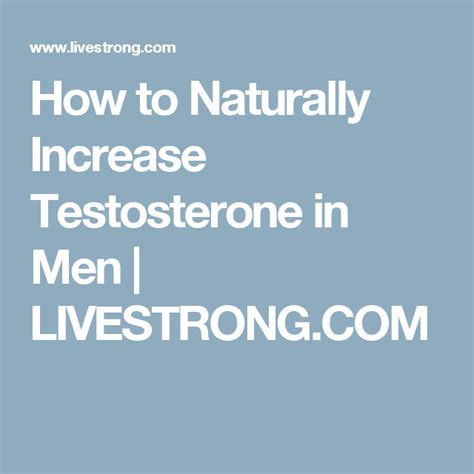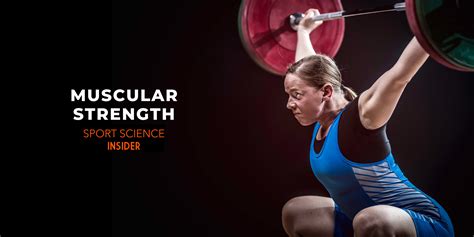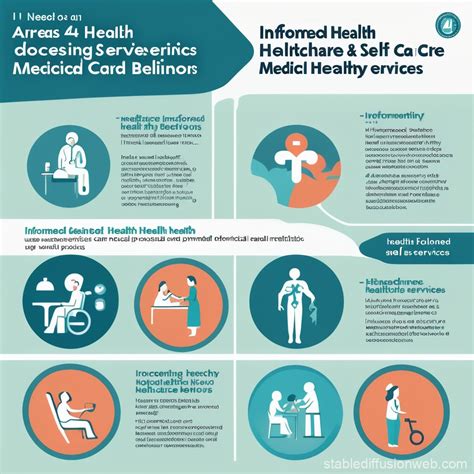How to naturally optimize male testosterone & drive for peak vitality?

Understanding Testosterone and Its Importance
Testosterone is the primary male sex hormone, crucial not only for libido and reproductive health but also for maintaining muscle mass, bone density, red blood cell production, mood, and energy levels. As men age, testosterone levels naturally decline, often leading to symptoms like fatigue, decreased sex drive, mood swings, and reduced physical performance. While synthetic interventions exist, many men are seeking natural, sustainable ways to optimize their testosterone and revitalize their drive for peak vitality.
Fortunately, several lifestyle adjustments and natural strategies can significantly impact your body’s ability to produce and utilize testosterone effectively. By focusing on a holistic approach that addresses diet, exercise, sleep, stress, and select natural supplements, you can create an environment conducive to hormonal balance and renewed vigor.
The Foundation: Diet for Hormone Health
What you eat plays a monumental role in hormone production. A diet rich in whole, unprocessed foods can provide the essential building blocks for testosterone. Prioritize healthy fats, which are critical for hormone synthesis. Sources include avocados, olive oil, nuts, seeds, and fatty fish like salmon, rich in Omega-3s. Protein is also vital for muscle repair and growth, which in turn supports testosterone levels. Lean meats, poultry, eggs, and legumes are excellent choices.
Don’t overlook micronutrients. Zinc, found in oysters, beef, and pumpkin seeds, is a direct precursor to testosterone. Vitamin D, often called the ‘sunshine vitamin,’ functions as a steroid hormone in the body and is strongly linked to testosterone levels. Ensure adequate intake through sun exposure or supplements. Conversely, limit processed foods, excessive sugar, and unhealthy trans fats, which can disrupt hormonal balance and contribute to inflammation.

Move Your Body: Exercise for Testosterone
Regular physical activity is a cornerstone of natural testosterone optimization. Specifically, strength training and high-intensity interval training (HIIT) have been shown to be particularly effective. Lifting weights stimulates muscle growth and can lead to a significant boost in testosterone levels, especially when focusing on compound movements like squats, deadlifts, and bench presses that engage multiple muscle groups.
HIIT involves short bursts of intense exercise followed by brief recovery periods, and it’s excellent for improving cardiovascular health and can also positively impact hormone production. However, it’s crucial to avoid overtraining, as excessive, prolonged endurance exercise without adequate recovery can actually suppress testosterone and increase cortisol (the stress hormone). Listen to your body and incorporate rest days.

The Power of Rest: Sleep & Stress Management
Sleep is when your body repairs and regenerates, including hormone production. Chronic sleep deprivation (
Stress is another major testosterone inhibitor. When you’re stressed, your body produces cortisol, which has an inverse relationship with testosterone – as cortisol goes up, testosterone often goes down. Incorporate stress-reduction techniques into your daily routine: meditation, yoga, deep breathing exercises, spending time in nature, or engaging in hobbies you enjoy. Managing stress effectively is crucial for maintaining hormonal balance and overall vitality.

Lifestyle Choices: Beyond the Basics
Beyond diet, exercise, sleep, and stress, other lifestyle factors can influence testosterone. Moderate alcohol consumption is generally acceptable, but excessive drinking can significantly impair testosterone production. Similarly, smoking is detrimental to overall health and hormone levels. Exposure to endocrine-disrupting chemicals found in plastics (BPA, phthalates), pesticides, and certain personal care products can also interfere with hormone function. Opt for natural alternatives and store food in glass containers.
Ensuring adequate sunlight exposure not only helps with Vitamin D synthesis but also has mood-boosting effects that indirectly support overall well-being and drive. A healthy body weight is also critical, as obesity, particularly abdominal fat, is associated with lower testosterone levels due to increased aromatase enzyme activity, which converts testosterone into estrogen.

Targeted Support: Natural Supplements (Use with Caution)
While a foundational lifestyle is paramount, certain natural supplements can offer targeted support. Always consult a healthcare professional before starting any new supplement regimen.
- Zinc and Vitamin D: If dietary intake or sun exposure is insufficient, supplementation can be beneficial, especially if deficiencies are confirmed.
- Ashwagandha: An adaptogenic herb, Ashwagandha has been shown in some studies to reduce cortisol and increase testosterone levels, particularly in stressed or infertile men.
- Fenugreek: This herb contains compounds called furostanolic saponins, which may help increase testosterone. Several studies indicate its potential to improve libido and total testosterone.
- Magnesium: Important for hundreds of bodily functions, including hormone regulation. Deficiency can negatively impact testosterone.

Embrace a Holistic Approach
Optimizing male testosterone and drive naturally is not about a quick fix but a commitment to a holistic lifestyle. By consistently prioritizing nutrient-dense foods, effective exercise, restorative sleep, stress management, and making conscious lifestyle choices, you empower your body to achieve hormonal balance. This comprehensive approach not only helps restore healthy testosterone levels but also cultivates greater energy, improved mood, enhanced libido, and overall peak vitality, allowing you to feel your best at every stage of life.









